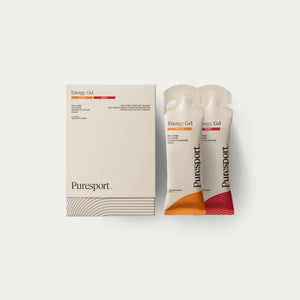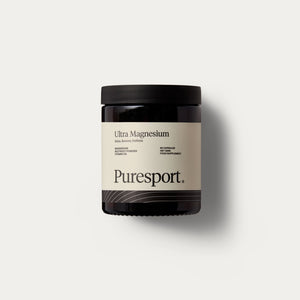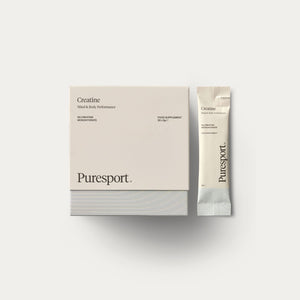Vitamin C Ingredient Overview:
Ever since a young age, we’ve been told to take our vitamins to ensure that we live a healthy life, but what exactly do those vitamins do? In this guide, we’re going to explore what you should know about vitamin C, including the best vitamin C serum, vitamin C foods, and vitamin C benefits for skin.
What is Vitamin C?
Vitamin C, which also goes by the names ascorbate and ascorbic acid, is a vitamin that is water soluble and found in many common foods. Vitamin C is historically notable for being used to help prevent scurvy, which was a common condition aboard ships during the age of sail.
One interesting thing about vitamin C is that it’s relatively common for animals to be able to synthesise it for themselves, but that’s not the case for human beings. Humans, monkeys, rodents, and bats typically need to get this essential nutrient through their diets.
Vitamin C was discovered during the early 1910s, though it was only isolated in 1928. In yet another first, vitamin C was the first known vitamin to be chemically produced. To help ensure that vitamin C levels remain stable in foods and supplements, they shouldn’t be stored for extended periods of time, and cooking can also reduce vitamin C levels.
What is Vitamin C Good For?
Vitamin C for Face
One of the most commonly talked about vitamin C benefits is its ability to help improve facial appearance. For example, vitamin C has been shown to be able to reduce the appearance of circles under the eyes and fine lines because it is able to hydrate the area and plump it up.
The same study has also shown that vitamin C can thicken the skin of the eyelid and help move around congested blood, which is typically responsible for the dark circles under our eyes. Some studies have also shown that vitamin C is able to help prevent your facial skin from sagging with age.
Vitamin C for Skin
Vitamin C has a range of health benefits for skin aside from facial skin, including its ability to help brighten up skin. This review mentioned that vitamin C can help reduce the amount of melanin being produced by your skin, which can help reduce the prevalence of dark spots and make your skin glow brighter.
Studies have also shown that vitamin C can help encourage collagen production, which is a protein that the body produces that degrades over time. Less collagen will result in more wrinkles and fine lines in your skin. Vitamin C helps boost collagen production because of its role in collagen synthesis.
Immune System Benefits
One of the most common reasons why people use vitamin C powder and other supplements is because it’s touted as one of the best ways to boost your immune system’s functioning. For example, vitamin C powder has been shown to boost the production of white blood cells.
White blood cells are responsible for helping the body fight infection, boosting the overall functionality of the immune system. When it reaches skin level, vitamin C is also able to help work as an antioxidant that further reinforces the strength of your skin and its ability to defend itself.
Sources of Vitamin C
One of the best-known sources of vitamin C is citrus fruits, with lemons and limes containing the largest concentration of the vitamin, though oranges also have a large amount of it. However, there are many other fruits that contain large amounts of vitamin C, including strawberries, papayas, and lychees.
Persimmons also have a large concentration of vitamin C. Moving on to vegetables, broccoli is another excellent source of the vitamin as well as brussels sprouts. Kale, mustard spinach, and other leafy greens also tend to contain a large concentration of vitamin C, as well as many other antioxidants.
If you’re looking to add an herb to your food for flavour and health, thyme is an excellent choice because it contains more than three times as much vitamin C as oranges, when compared by weight. Peppers like chilis and sweet yellow peppers are also surprisingly high in vitamin C.
How Much Vitamin C per Day?
Doctors recommend that adults get between 65 and 90 mg of the vitamin per day, but the absolute limit is about 2 grams per day (2000 mg). Taking too much vitamin C over the course of a day is rarely harmful but it can cause side effects like nausea and diarrhoea.
Retinol and Vitamin C
Retinol and vitamin C are often used alongside each other because of the benefits that we mentioned earlier, in which vitamin C can help reduce the appearance of under-eye circles. Retinol is also capable of doing so, and a routine of vitamin C, retinol, and a cold compress can help make these circles disappear.







